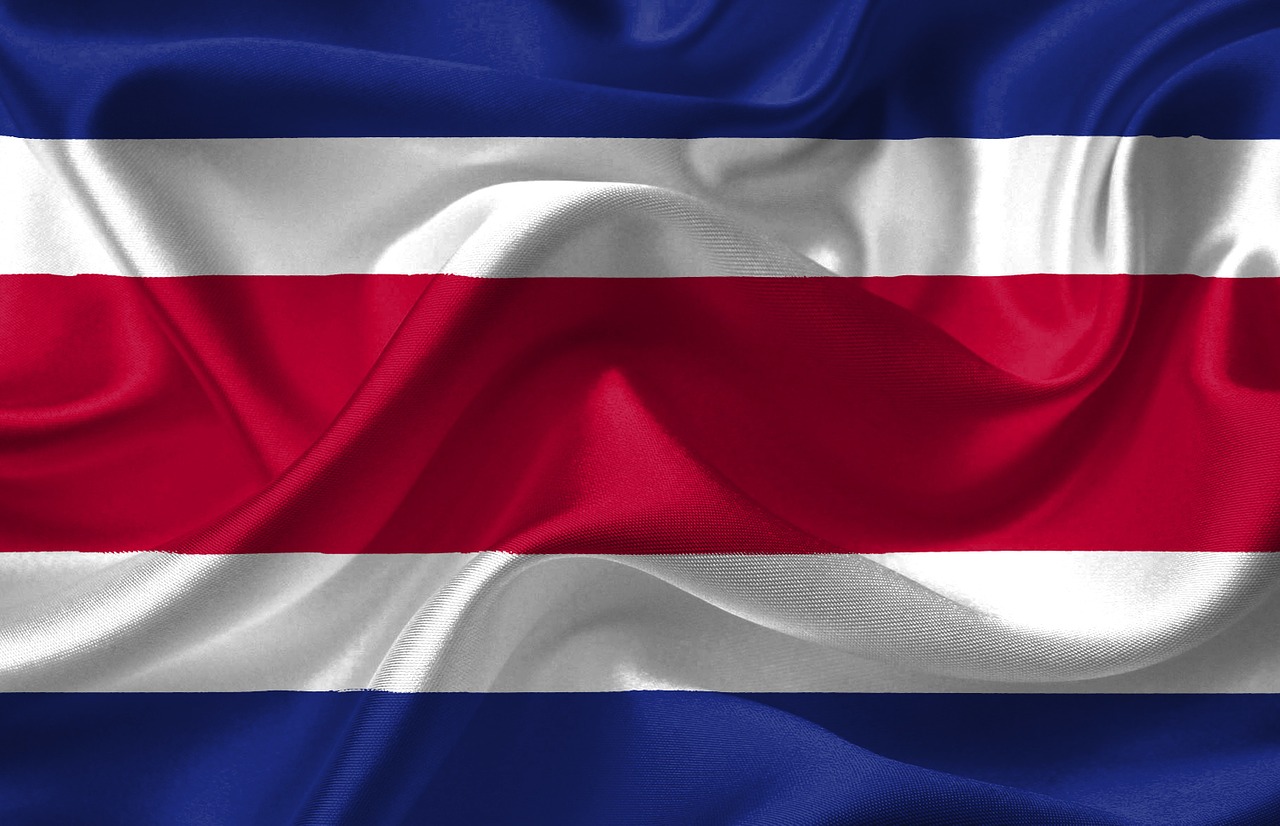Costa Rican lawmakers are gearing up to make the country a crypto-friendly nation. This is after the country’s lawmakers introduced a bill to regulate the crypto sector. Also, the bill seeks to make usage of crypto for purchases tax-free.
New Bill To Make Crypto Usage For Purchases Tax-free
This week, Johana Obando, a lawmaker in Costa Rica, brought a bill before Congress. The legislation aims to regulate crypto’s usage in the country. According to her, the Cryptoassets Market Law, dubbed MECA, will protect individuals’ digital private property.
Also, it will allow the self-custody of digital assets and endorse decentralization. In addition, there would be no interference from the nation’s central bank. Instead, the central bank will work together with players in the crypto sector.
Meanwhile, the legislation will ensure there is a law recognizing digital assets. Then, the law allows investors to sell, buy, store, and use digital currencies. The bill will also stop the government from taxing cryptos used to purchase goods.
Furthermore, it would stop the authorities from issuing taxes on cryptos in cold storage. However, profits realized from cryptocurrency trading will be liable to income tax.
According to Obando, the crypto bill, if endorsed, will attract fintech firms and foreign investors into the country. Consequently, this would create more jobs for the people of Costa Rica. Meanwhile, Obando opines that this bill is not similar to El Salvador’s BTC law.
MECA Bill Different From El Salvador’s BTC Law
El Salvador became the first country to legalize BTC in 2021. Nayib Bukele, the President of El Salvador, has faced severe criticisms since the government adopted BTC. But these criticisms haven’t made him change his mind.
Meanwhile, Obando said the MECA only allows crypto as a private digital currency. It does not endorse it as legal tender as El Salvador did. Congresswoman Obando believes that legalizing cryptos will improve Costa Rica’s economy.
Meanwhile, Costa Rica’s crypto Bill is similar to that of Panama. Panama released a crypto bill in 2021 to regulate the crypto sector and legalize DAOs (decentralized autonomous organizations).
Unfortunately, the President of the country, Laurentino Cortizo, vetoed the legislation. Paraguay, another Latin American country, is working on regulations for the crypto mining sector.
Similarly, the Senate in Chile greenlighted the fintech legislation in October. This legislation aims to regulate the cryptocurrency sector in the country. These developments show that Latin American countries are gradually stepping up to regulate the crypto sector.
